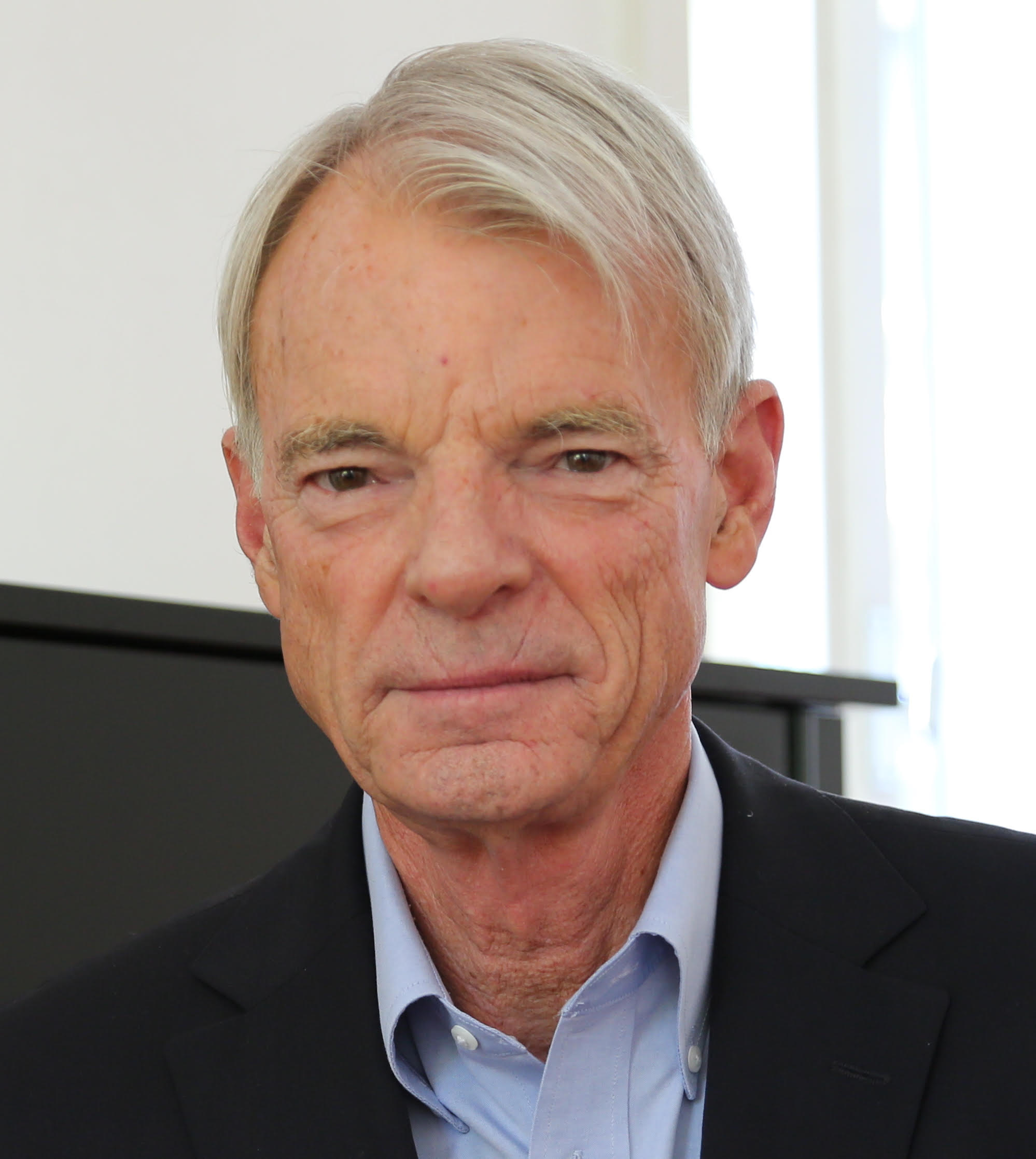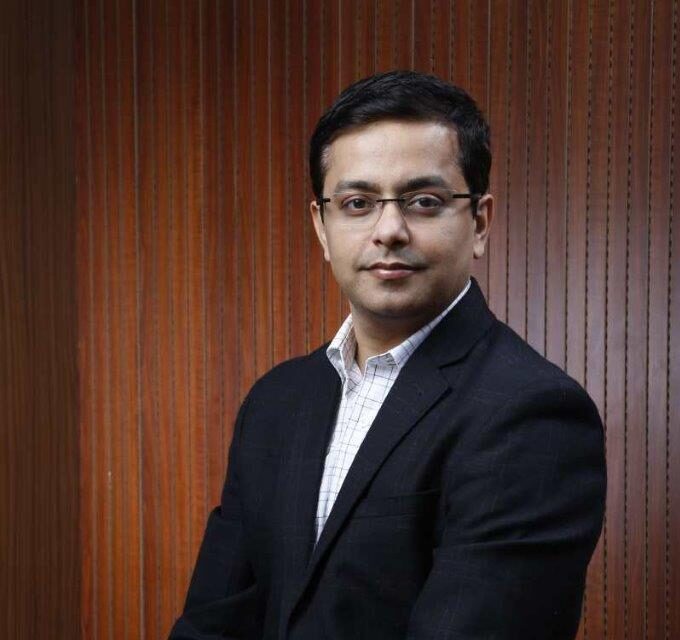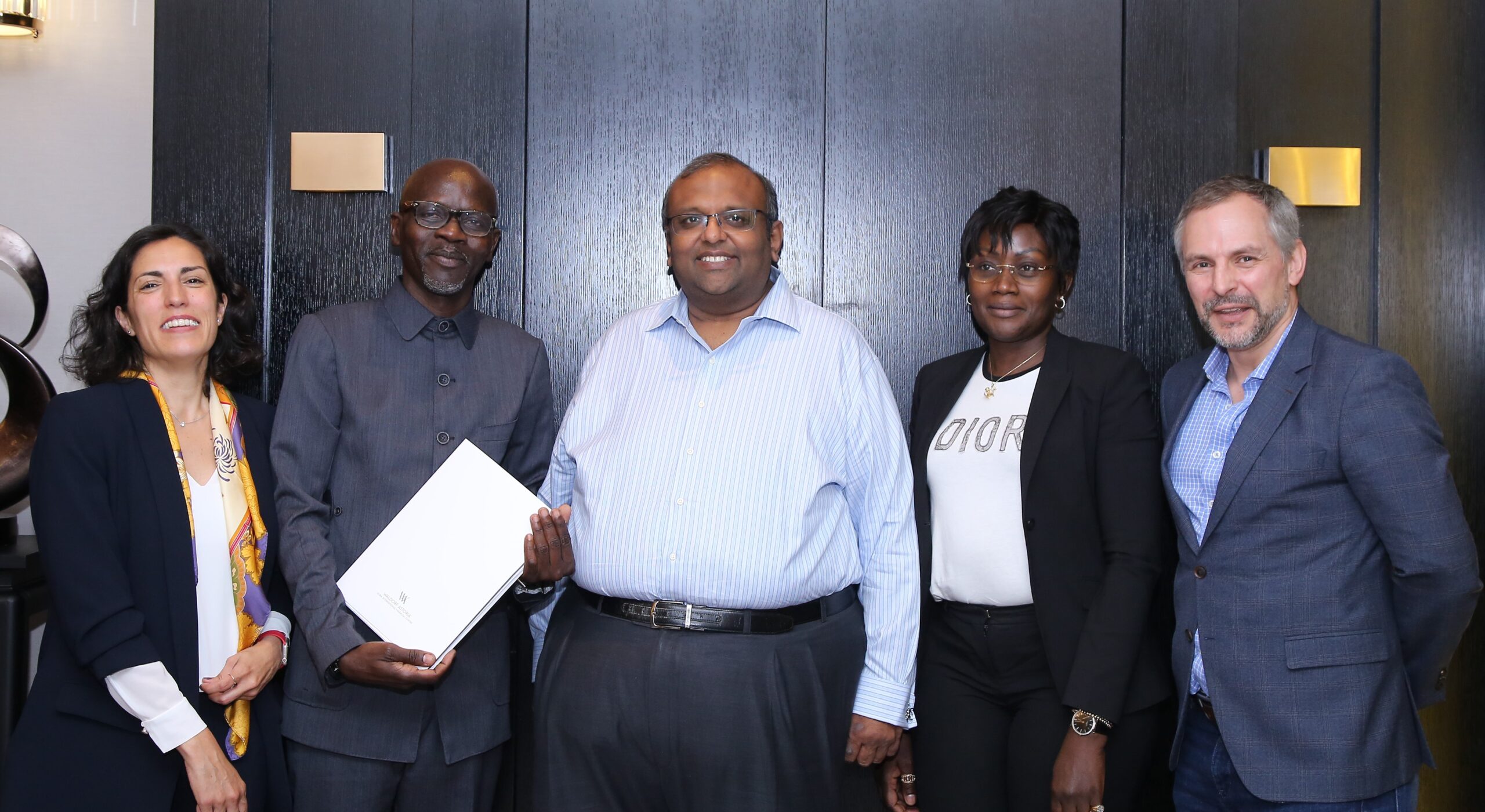AI looms, India thrives: Nobel laureate Michael Spence on navigating a fractured world

Nobel economist sees India booming, warns of AI job threat, urges climate-conscious consumers
In the ever-evolving landscape of global economics, the insights of Nobel Prize-winning economist Michael Spence hold particular significance. As the recipient of the Nobel Prize in Economics in 2001 and the esteemed Professor and Dean Emeritus at Stanford University, Spence’s perspectives carry weight in deciphering the complexities of our contemporary world. Recently, he engaged in a thought-provoking dialogue at the ET Now Global Business Summit 2024, held at Taj Palace in Delhi.
During a session titled “Plan to Fix a Fractured World,” Michael Spence, in conversation with Abheek Barua, Chief Economist of HDFC Bank, delved into the prevailing complexities of our times. Despite the widespread inclination to revert to familiar past norms amidst global crises, Spence posited that we are, in fact, hurtling towards an unprecedented era.
“Among all other economies, India possesses the greatest potential for growth and is currently experiencing remarkable expansion at an extraordinary pace,” said Spence.
He further expressed his concern regarding the threat to jobs due to AI, “As I consider AI, I anticipate the emergence of GenAI posing a threat to jobs. Thus, we must reconsider GenAI with a focus on increased human involvement rather than outright replacement. While I am hopeful about its potential, its utilization should be harmonized with human intelligence.”
He emphasizes the empowerment of consumers, urging them to discern and support companies that prioritize climate change as a fundamental aspect of their business strategy. This dual perspective on technology and environmental responsibility encapsulates a broader vision for a future where advancements are not only innovative but also aligned with societal and environmental well-being.
As we navigate the evolving landscape of technology and corporate responsibility, the need for a holistic and conscientious approach becomes increasingly evident, shaping a future where progress is synonymous with ethical considerations.





